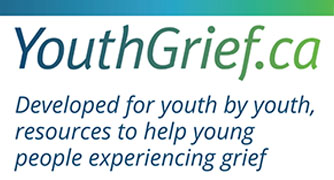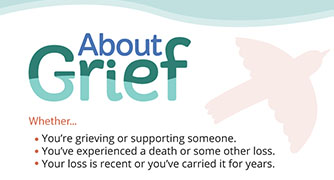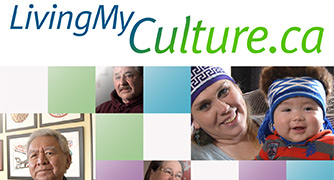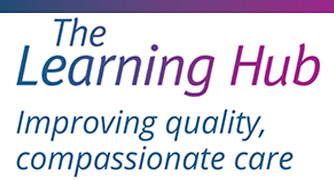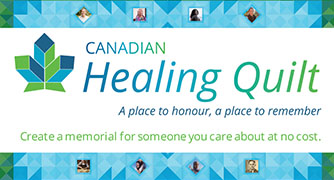Module 1
Grieving before the loss
There is no right or normal way to cope with the approaching death of someone. Everyone reacts differently. This section looks at common problems faced by families at this difficult time and suggests ways to manage these challenges.
Module 2
Understanding grief
When someone important to us dies, our lives can be changed, and grief affect us emotionally, physically and mentally. This section describes common features of grief and will help you to separate the myths from the truth about grieving.
Module 3
How has this loss affected my family and me?
When someone in the family dies, it is common for each family member to react differently. This section looks at how your grief is shaped by your relationship with the person who has died. It also makes suggestions for managing this loss as a family.
Module 4
Moving through grief
Losing someone can be painful, confusing and exhausting. This section looks at the common questions and experiences of people moving through grief, and suggests ways to adapt to life without the person who died.
Module 5
Making sense of intense emotions
Anger, guilt, fear, sadness and loneliness are common reactions to grief. Using the stories of people who have lost someone important to them, this section looks at accepting and managing these often intense emotions.
Module 6
Managing difficult situations
After the death of someone close, many events, encounters and experiences can be stressful or trigger waves of grief. This section will identify these situations and provide you with skills to face them with greater confidence.
Module 7
Caring for yourself
It is important to make your own physical and emotional health a priority in grief. This section looks at the obstacles to looking after ourselves and makes suggestions for self care.
Module 8
Do I need more help and where do I find it?
Each grief experience is different. While some people successfully navigate their loss, others become stuck in grief. This section will help you recognize if you need help to cope with your grief and suggests where to find that assistance.
Module 9
When life starts to get better
At some time after the death of someone important to us, there comes a turning point when people generally start to feel better. This section looks at what “feeling better” means. It also highlights some of the challenges of feeling better and making a life without the person who has died.
Relationship Series

Module 10
When your husband, wife, or partner has died
The death of your spouse or partner can change the way you see yourself as well as how others see you. The shift from being part of a couple to being a single person takes time and effort. This resource has been designed to help you understand and care for yourself as you grieve.

Module 11
When your parent has died
Your relationship with your parent is unique to you, so your grief may be different than that of your siblings, or your other parent or family members. It can take time to realize some of your losses, which are connected to your relationship with your
parent and the role(s) they had in your life.
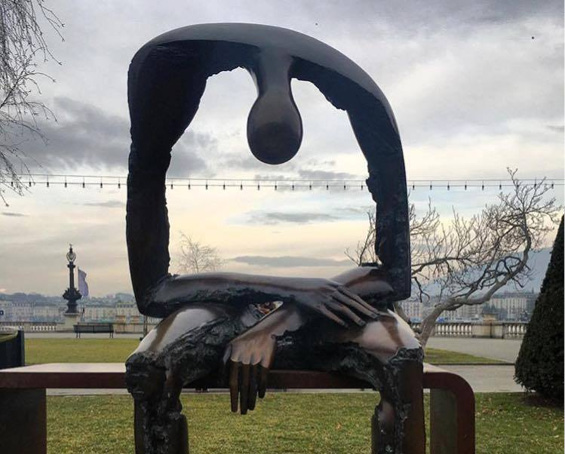
Module 12
When your child has died
When your child dies, it is heartbreaking. The death of a child can shatter your assumptions about children outliving their parents, and you may feel very alone in your experience. This module has been designed to help you understand and care for yourself as you grieve.

Module 13
When your sibling has died
Grief after the death of a sibling is sometimes not recognized as being as significant as other kinds of grief. Your own unique relationship with your sibling will greatly influence your grief. This module can help you understand and care for yourself as you grieve.

Module 14
When your grandparent has died
Your relationship with your grandparent will be unique, and so will be your grief. By identifying the particular circumstances and factors that are impacting your grief, you will be better able to come to terms with your loss and find ways to carry the memory of your grandparent forward in your life.

Module 15
When your friend has died
The death of a friend can mean significant loss, which may not be recognized or acknowledged by those around you. Whether your friendship was a very close bond or one that was sometimes troubled, your grief will reflect losses unique to your relationship.

Module 16
When your co-worker has died
The death of a co-worker sends ripples of grief through your workplace as each person tries to come to terms with what has happened. The sense of loss that you and others feel may have both shared and unique aspects, depending on the nature of your relationship.
Pregnancy and Infant Loss Series

Module 17
Recognizing and understanding your grief
No matter how, where, or when pregnancy or infant loss occurs, it is significant. This series of modules explores some of the unique aspects of the grief you may experience after a pregnancy or early infant loss.

Module 18
Navigating your grief
Any pregnancy or infant loss is a tremendous loss. It is important to give yourself the time and space to grieve your loss. This module will provide you with some supportive strategies and gentle suggestions to help you navigate your grief during the first days, weeks, and beyond.

Module 19
Supporting the family
When someone has experienced a pregnancy or infant loss, it can be difficult to know what to say or do. You cannot take away the pain, but you can help with your presence and support. This module provides strategies that can help you support someone through
their loss.
New Topics

Module 20
As illness progresses: Dementia, ALS, MS, Parkinson’s, or Huntington Disease
This module is for
people who are caring for someone with Alzheimer’s Disease, Dementia, ALS,
Huntington Disease, Parkinson’s Disease, MS or other progressive
neurological illnesses.

Module 21
Supporting someone with intellectual disabilities
This module will help you as family, friends and caregivers, identify ways to support people with intellectual disabilities who are grieving, recognizing that grief is expressed in different and unique ways.

Module 22
Grief in 2SLGBTQ+ communities
If you identify as 2SLGBTQ+ and are grieving the death of someone you care about, your grief may include other losses or having to disclose your sexual orientation or gender identity. This module has been designed to help you understand and care for yourself as you grieve.

Module 23
When someone has died by suicide
A death by suicide is often sudden or unexpected, and hard to understand. Your grief is likely to be different from what you may have experienced after other losses. Finding ways to cope with your grief and get the support you need is essential to your health and well-being.

Module 24
When someone has died related to substance use
When someone you care about has died as a result of substance use, your grief may include thoughts, feelings, and experiences that are different from those you’ve had in the past. You may be left with painful questions, the sense that things are unresolved
or that your grief isn't well supported.
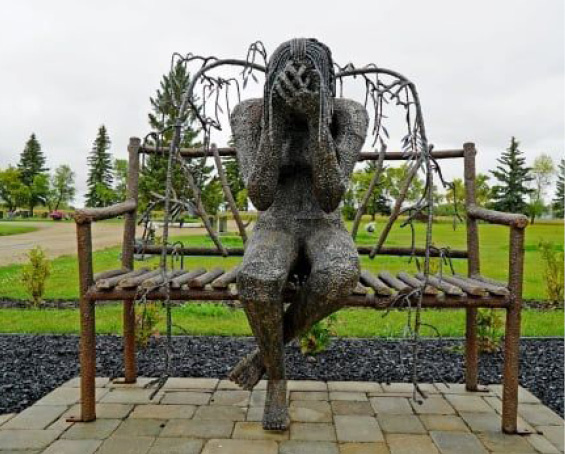
Module 25
Grief after trauma
A traumatic experience can shake up your world and profoundly challenge your beliefs. If you’re grieving a death that was traumatic for you, or if you experienced trauma as the result of circumstances surrounding a death, the effects can be intense and long-lasting.

Module 26
Grief and Medical Assistance in Dying (MAiD)
A medically assisted death can result in feelings and experiences that may be different than with other deaths. Your grief may also begin well before their death. This module helps you to understand and care for yourself as you grieve.

Module 27
Unrecognized grief
Whenever someone or something important to you dies or is lost, you grieve. This resource has been designed to help you understand and care for yourself when your grief has been unrecognized, minimized, or dismissed.

Module 28
Prolonged Grief
Grief is a natural response to a loss. Grief, especially when new, can be intense, overwhelming, and even isolating. When grief prevents someone from functioning in their daily life over time, it is called “prolonged grief.” This module will help you
recognize and understand more about prolonged grief.
Caregiver Series

Caregiver Series - Overview
Caregiver Series - Module Overview

Caregiver Series - Module 1
Diagnosis and reactions
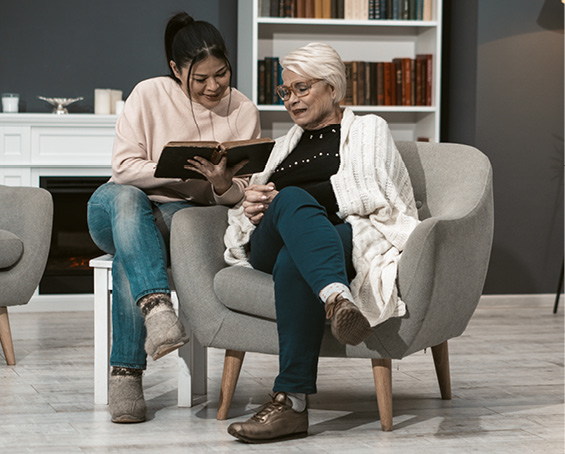
Caregiver Series - Module 2
Communication and conversations

Caregiver Series - Module 3
Preparing for caregiving at home

Caregiver Series - Module 4
Looking after you: Lessons from the airline industry

Caregiver Series - Module 5
About medications

Caregiver Series - Module 6
Hands on care
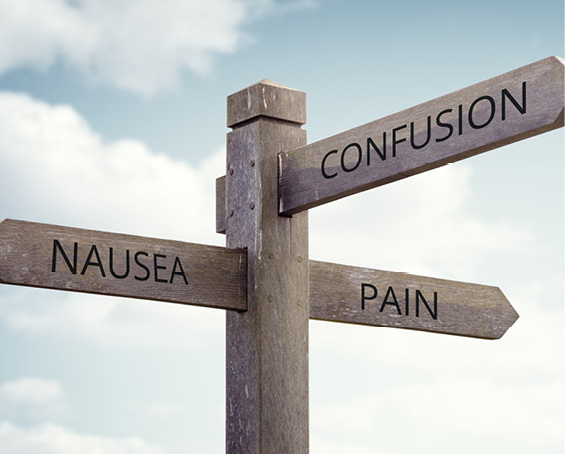
Caregiver Series - Module 7
Recognizing symptoms and providing comfort and care

Caregiver Series - Module 8
When death is near

Caregiver Series - Module 9
After death has occurred
ADDITIONAL RESOURCES
An initative of:

With investment from:


Production of MyGrief.ca has been made possible through financial support from the Canadian Partnership Against Cancer and Health Canada.
The views herein do not necessarily represent the views of Health Canada or the Canadian Partnership Against Cancer.
Partners:











